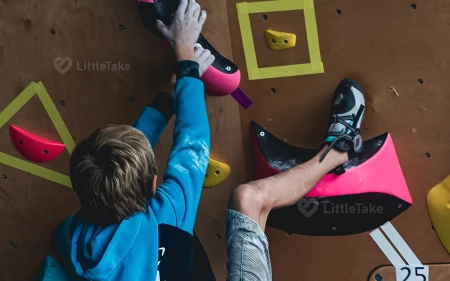
The Art of Active Listening for Parents
Active listening is a crucial skill for parents to develop strong connections with their children and understand their thoughts, feelings, and needs. Here are some practical tips to help you master the art of active listening as a parent:
1. Give your full attention
When your child is talking, put away any distractions like your phone or laptop, and focus entirely on them. Make eye contact, and let your body language show that you are present and engaged in the conversation.
2. Be patient
Allow your child to express themselves at their own pace, without interrupting or finishing their sentences. Give them the time and space they need to share their thoughts and feelings with you.
3. Show empathy
Put yourself in your child's shoes, and try to understand their perspective. Acknowledge their emotions and validate their feelings by saying things like, "That must have been tough" or "I can see why you would feel that way."
4. Reflect and paraphrase
Summarize and rephrase what your child has said to ensure you've understood them correctly. For example, if your child says, "I don't like it when my friends ignore me," you might respond with, "It sounds like you feel hurt when your friends don't pay attention to you."
5. Ask open-ended questions
Encourage your child to share more information by asking open-ended questions that require more than a simple "yes" or "no" answer. For example, instead of asking, "Did you have a good day at school?", try asking, "What was the best part of your day?"
6. Don't rush to offer solutions
Resist the urge to immediately offer advice or solutions when your child shares a problem. Sometimes, they just need someone to listen and empathize with their situation. If they do seek advice, ask if they'd like your help in brainstorming solutions.
7. Be aware of nonverbal cues
Pay attention to your child's body language, facial expressions, and tone of voice to gain a better understanding of their emotions and thoughts. This can help you respond more appropriately and effectively.
8. Practice active listening regularly
The more you practice active listening, the better you'll become at it. Make a conscious effort to engage in active listening with your child daily, even during casual conversations.
Mastering the art of active listening will help you build a strong bond with your child, better understand their needs, and create a supportive environment where they feel heard and valued. As you nurture this vital skill, you'll find that your relationship with your child becomes more fulfilling and enriching for both of you.













